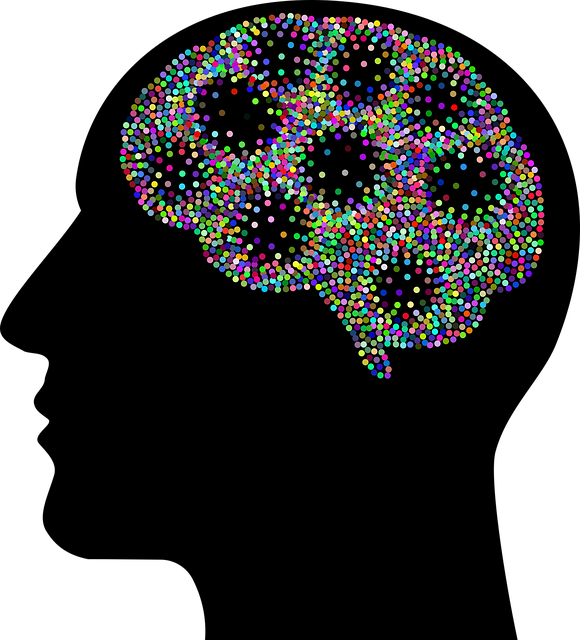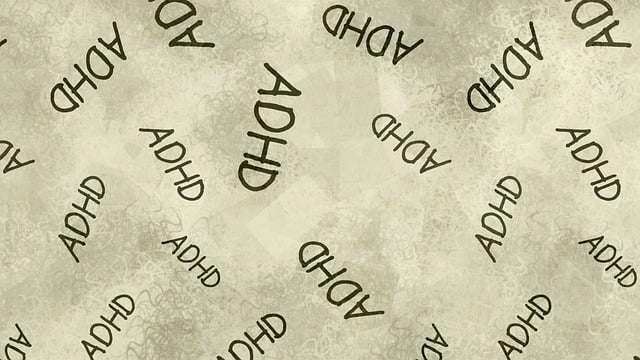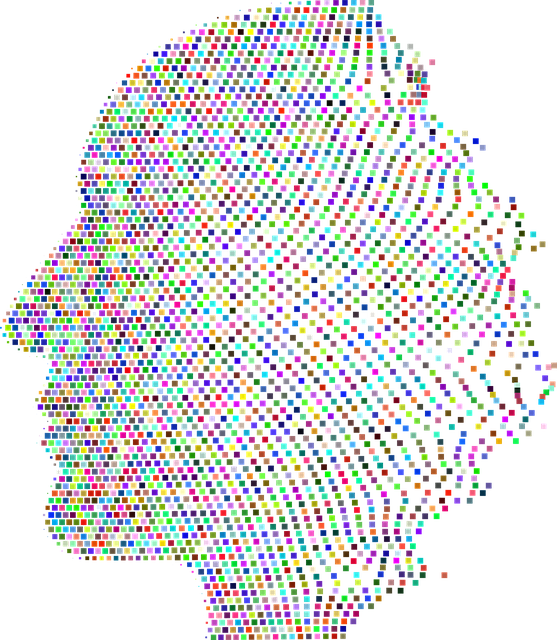The media's portrayal of mental health significantly influences public perception, either perpetuating stigma or fostering understanding. Inaccurate or insensitive representations contribute to delays in diagnosis and treatment for neuro disorders. To counter this, media should depict characters with mental health challenges realistically, emphasizing their humanity and the effectiveness of therapy. Incorporating stories of recovery and discussing burnout prevention for healthcare providers can promote empathy and hope. Media creators can play a pivotal role by consulting healthcare experts, sharing diverse recovery narratives, and engaging audiences through educational content, thereby reducing stigma and advocating for therapy for neuro disorders.
In today’s media-saturated world, the representation of mental illness can significantly shape public perception and understanding. This article explores the profound impact of media portrayal on mental health, addressing prevalent stereotypes and misconceptions in popular culture. We delve into strategies for media creators to promote accurate representation and challenge neurodisorder stigmatization. Additionally, we examine the pivotal role of therapy in harnessing the power of media as a tool for transforming societal attitudes towards neuro disorders.
- Understanding the Impact of Media Portrayal on Mental Health Perception
- Identifying Stereotypes and Misconceptions in Popular Culture
- Promoting Accurate Representation: Strategies for Media Creators
- The Role of Therapy in Challenging Neurodisorder Stigmatization through Media
Understanding the Impact of Media Portrayal on Mental Health Perception

The media plays a significant role in shaping public perceptions about mental health and illness. Positive or negative portrayals can influence how individuals, especially those struggling with similar issues, view their experiences and seek help. Research has shown that inaccurate or insensitive media representation of mental illness can contribute to stigma, leading to delays in diagnosis and treatment. This is particularly concerning given the high prevalence of neuro disorders, highlighting the need for more nuanced storytelling.
Media has the power to either perpetuate harmful stereotypes or foster understanding. Portraying characters with mental health challenges in a realistic light, emphasizing their humanity and the effectiveness of therapy for neuro disorders, can help reduce stigma. By incorporating stories that showcase recovery and resilience, media can inspire hope and encourage individuals to seek support. Moreover, discussing burnout prevention strategies for healthcare providers in these narratives ensures a balanced perspective, promoting empathy while acknowledging the challenges faced by those offering mental health services.
Identifying Stereotypes and Misconceptions in Popular Culture

In popular culture, mental illness is often portrayed through a lens of stereotype and misconception. Characters with neuro disorders are frequently reduced to simplistic, one-dimensional figures—the quiet, artistic outcast or the unpredictable, dangerous criminal. These depictions fail to capture the complexity and diversity of real-life experiences, perpetuating harmful myths about individuals living with conditions such as anxiety, depression, or schizophrenia. For instance, the frequent association of violence with schizophrenia misleads audiences into believing that those diagnosed are inherently dangerous, ignoring successful recovery stories and the reality that most people with mental health issues lead peaceful, productive lives.
Such representations hinder understanding and can negatively impact how society perceives individuals seeking therapy for neuro disorders. This is particularly concerning as media has a powerful influence on shaping public opinion. To challenge these stereotypes, it’s crucial to promote accurate portrayals that reflect the humanizing effects of treatment and recovery. Encouraging risk management planning for mental health professionals through responsible storytelling can help foster confidence-boosting narratives about depression prevention and the effectiveness of various therapeutic approaches.
Promoting Accurate Representation: Strategies for Media Creators

Media creators have a significant role in shaping public understanding of mental illness, and accurate representation is vital to fostering empathy and reducing stigma. To promote precise and sensitive portrayals, they can adopt several strategies. Firstly, consulting with experts like psychologists or psychiatrists who specialize in neuro disorders can ensure factual accuracy. Incorporating narratives that reflect the diverse experiences of individuals with mental health challenges, including their journeys towards recovery, is also powerful. This approach allows for a more nuanced understanding, moving beyond simplistic stereotypes.
Additionally, media creators should consider the impact of their work on audiences. Providing educational context through mental wellness journaling exercises or offering guidance on available support services can empower viewers. Encouraging open conversations about mental health and emotional well-being promotion techniques might also inspire individuals to seek help when needed. These strategies contribute to a more comprehensive understanding, ultimately enhancing the effectiveness of media in advocating for therapy for neuro disorders.
The Role of Therapy in Challenging Neurodisorder Stigmatization through Media

The media plays a significant role in shaping public perception about mental illness and neurodisorders. Often, portrayals in movies, television shows, and news articles reinforce stereotypes and contribute to the stigmatization surrounding these conditions. However, therapy offers a powerful countermeasure. Through various therapeutic approaches, individuals with neurodisorders can learn coping mechanisms and develop resilience, challenging societal misconceptions.
Therapy for neuro disorders focuses on understanding and managing symptoms while fostering emotional healing processes. Mental wellness coaching programs development emphasizes personalized support tailored to each individual’s unique needs. By sharing these positive narratives in media, we can encourage empathy and promote a more inclusive society. This shift not only benefits those with mental health challenges but also fosters a culture where resilience is built and celebrated.
Media has a profound impact on shaping societal perceptions, and accurate representation of mental illness can significantly challenge stigma associated with neurodisorders. By understanding the influence of media portrayal, identifying and dispelling stereotypes, and implementing strategies for more authentic representation, creators can foster empathy and reduce discrimination. The role of therapy in this process is invaluable; it not only aids individuals in managing their conditions but also equips them to share their stories, contributing to a richer, more nuanced narrative in popular culture. In conclusion, a concerted effort to promote accurate media portrayal of mental health, including therapy for neuro disorders, can lead to a more inclusive and supportive society.











